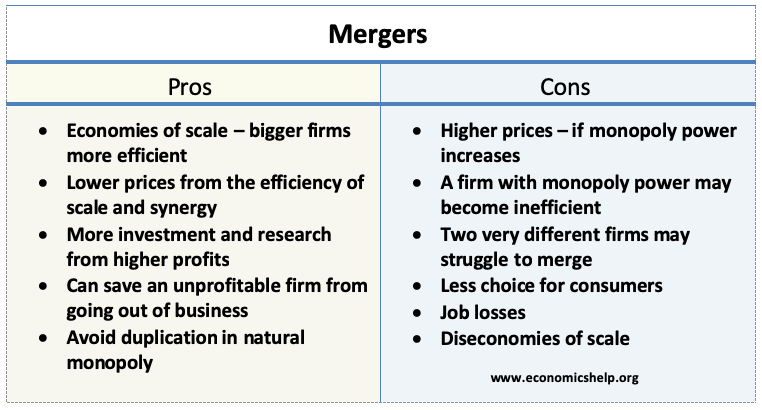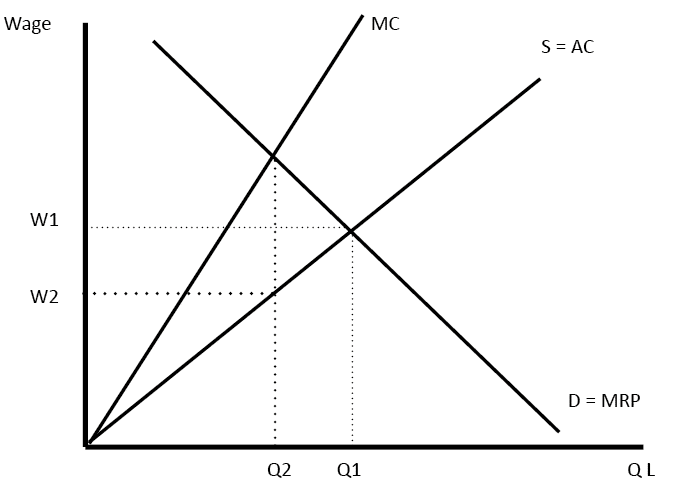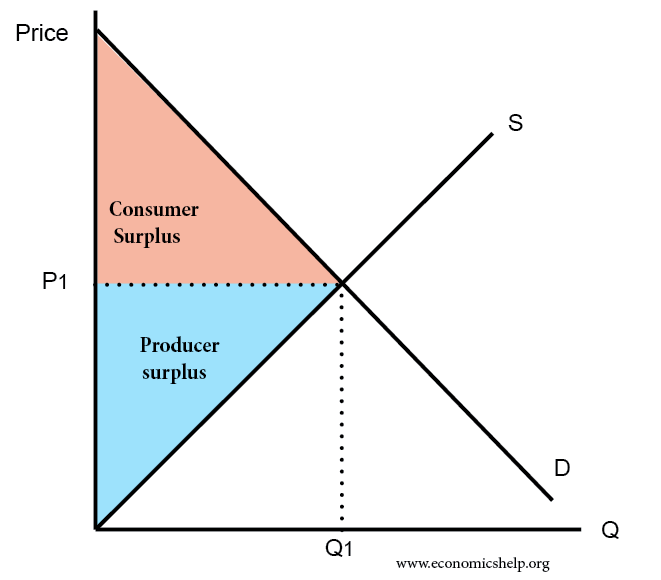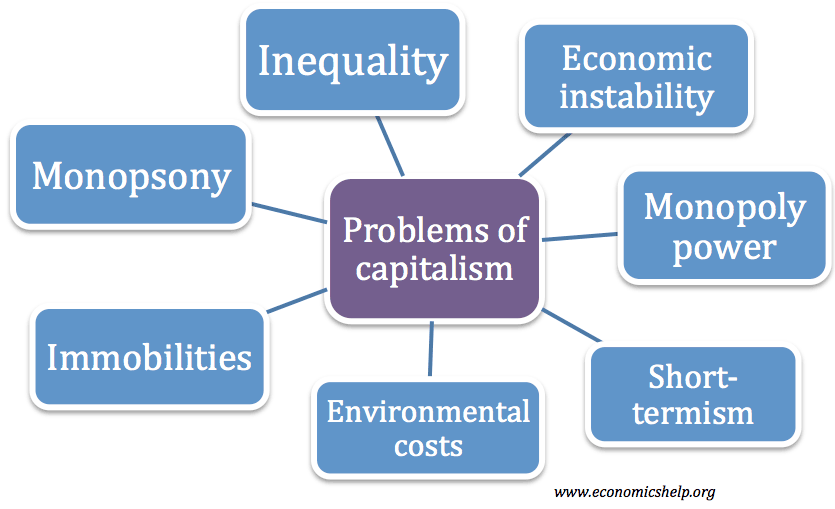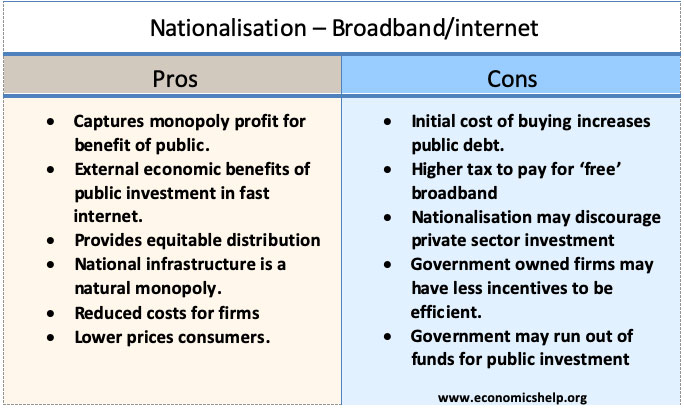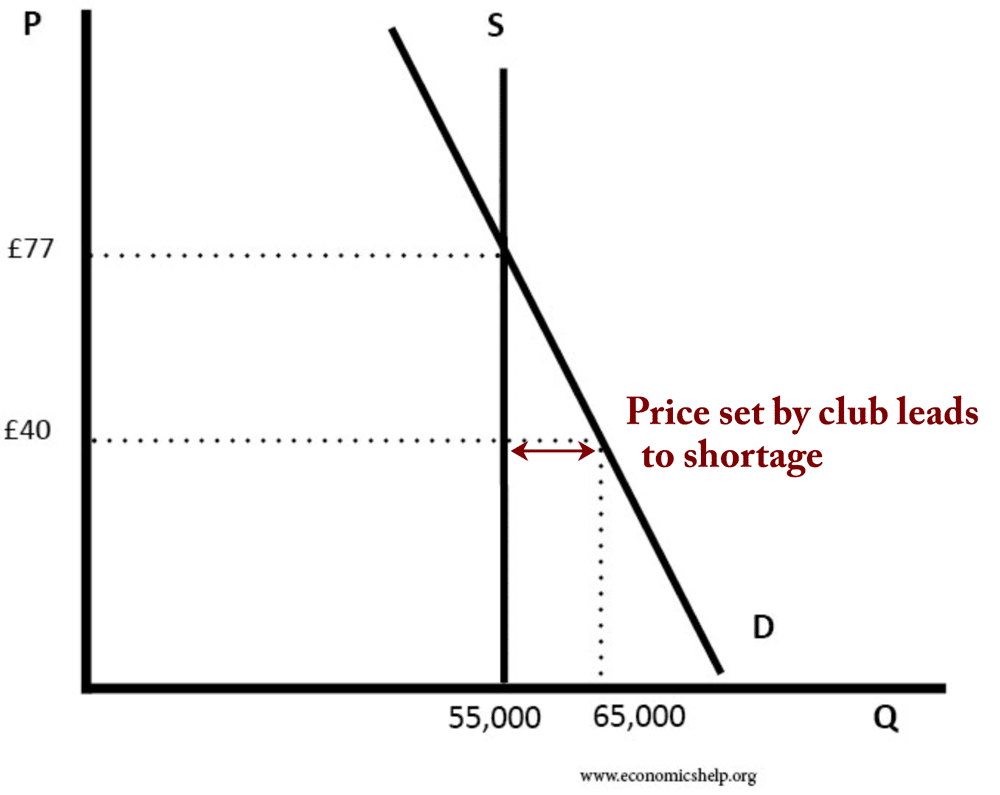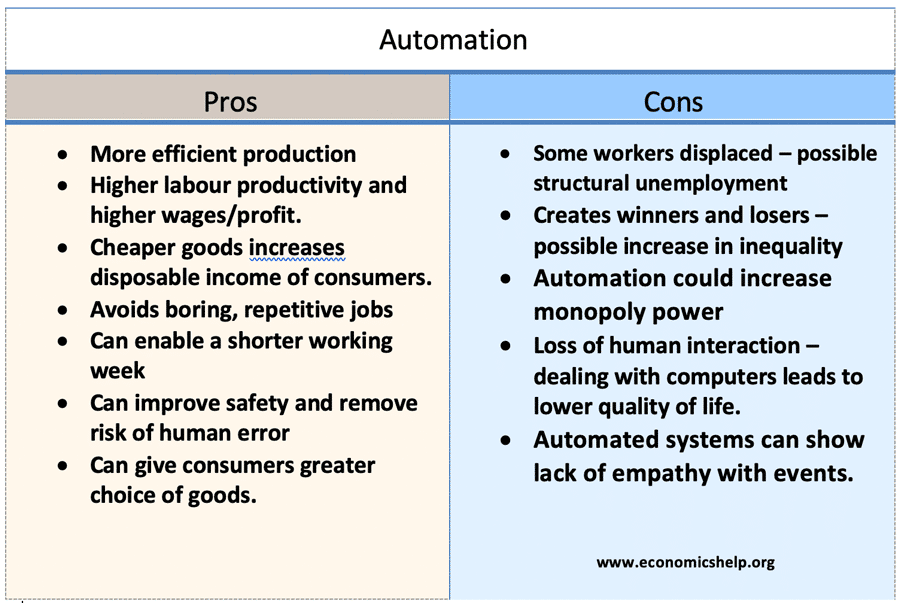UK Merger Policy
Any potential merger must give details to the OFT. If the OFT is concerned they can refer the merger to the Competition and Markets Authority, which can examine whether the merger is in the public interest. CMA has the power to investigate a merger if Turnover of the new firm exceeds £70 million or The …

